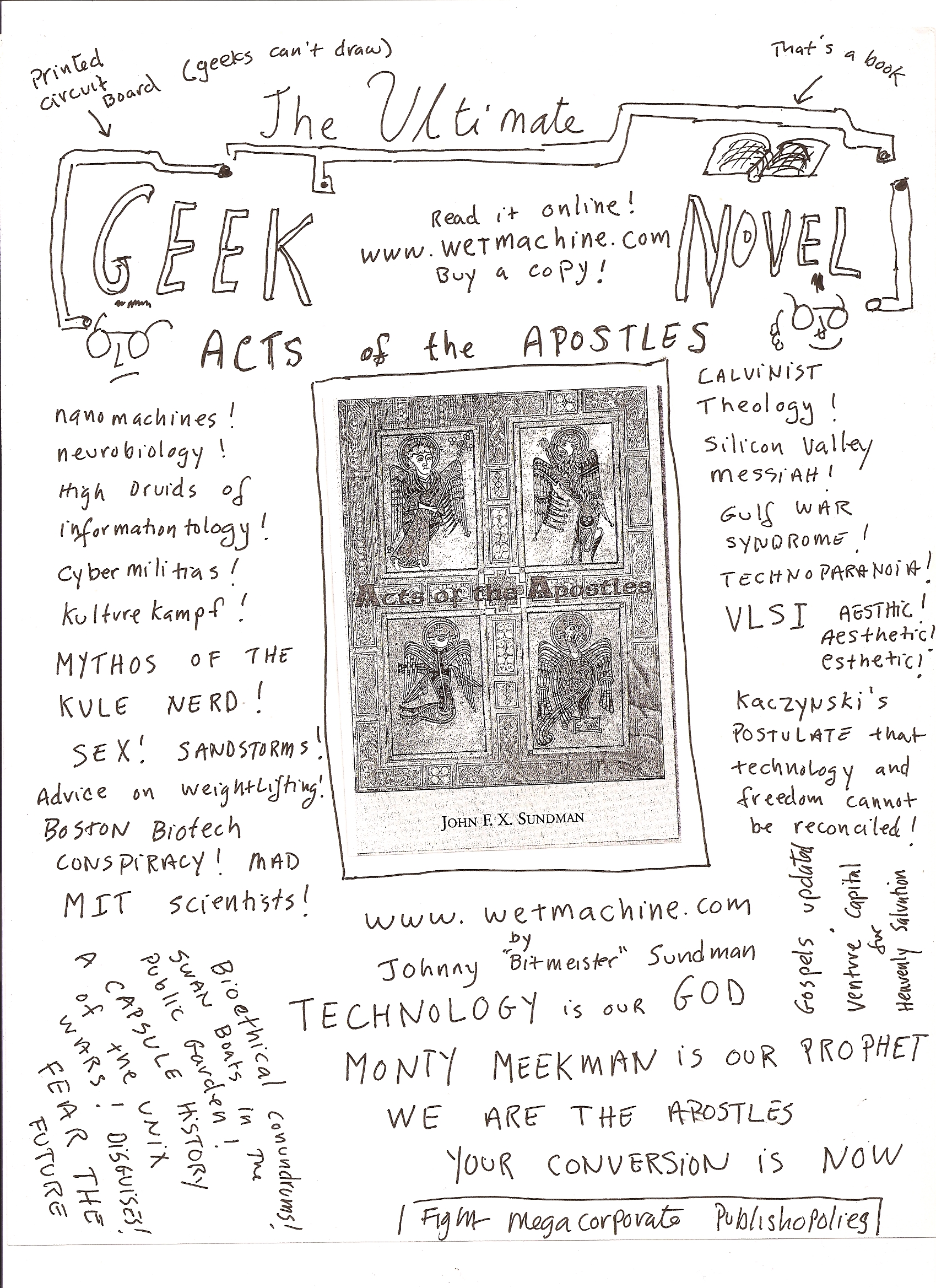Well, now, how do I follow that introduction from John, here in his arena with the spotlight on? Best stick with the original plan.
Ahem.
What do I mean by “Incantations”?
Well, it’s about this: I believe in magic. I believe magic is happening right now, and that you are a part of it. See, I’m typing these words and, at some future point in time from where I’m sitting now, you are reading them. And two amazing things are happening. I am sending the thoughts that are currently passing through my brain into the future and, even more miraculously, into your brain.
We do this every day, but it doesn’t make it any less fantastic. Sure, it’s not always perfect. In fact, it hardly ever is. We misspeak. We misunderstand. Information and nuance gets lost or mangled in the transmission, and the worst part of the whole transaction is that it’s so hard to tell the ways in which we’ve fallen short. We may never really know the full extent of our failure, or how to repair it. I’ve spent most of my conscious life fascinated by how we use language and most of my working life in search of ways to wield that tool to best effect.
I started the quest in trade publishing — an industry that takes the words of millions of hopeful scribes, winnows them down, polishes them up, and in the end, produces these magnificent artifacts called books. Whether you think publishers are any good at any part of this process of selecting, editing, designing, printing, and distributing books; whether you think they have their priorities straight; whether you think they are likely to survive the next decade, year, or season — and I have my own opinions — I still believe the overall endeavor is a worthy one. I learned so very much in that milieu, including the fact that, in the end, Big Trade Publishing isn’t my game.
Instead my journey has taken me into the field of technical documentation for computer software (with a push in that direction from one John Sundman, we should note). Sure, it’s a different world. We have source code repositories instead of bookshelves. Web sites backed by hard drives instead of shopfronts supplied by warehouses. But all this — intelligently arranging ones and zeros to a particular purpose — is its own realm of magic, just like artfully arranging words in sequence. And at the core, my part in this new world is the same as it always was. I may be documenting APIs, but really I’m working on brain-to-brain interfaces, implanting information into people’s heads in the most effective way possible.
So what I plan to write about here is technology and publishing, language and code. I want to practice a little magic and telepathy. I aim to put thoughts into your head for your consideration. Whether you’re ultimately convinced by them or not, I hope to at least reshape or augment existing thoughts that you’re already carrying around with you. I also hope you’ll do the same, and use this complex system that enables communication between you and me to put thoughts in my head that weren’t there before, or to turn the kaleidoscope in my brain a notch. Truthfully … I want this all to be a little mystical.
My posts probably won’t be terribly timely. They may not always be deep. But I hope that, from time to time, you will find them interesting. I have so much in my head that I want to pour through the ether into yours. And so:
Hello, Wetmachine world. How do you do?




